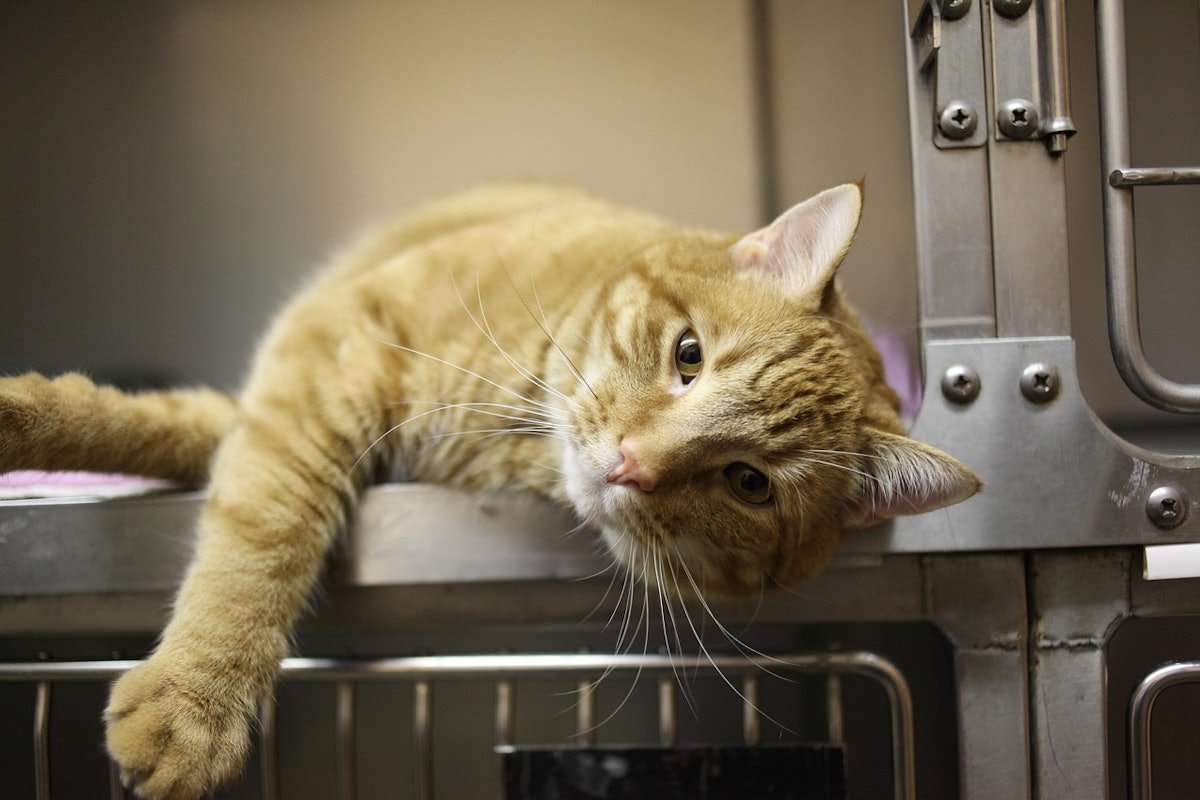The veterinary industry is currently at a pivotal moment, emphasizing the need for enhanced guidance on pet nutrition.
Pet owners regard nutrition as the most critical aspect of their pets’ health. According to a January 2025 survey by Packaged Facts, 80% of dog and cat owners identified pet food as a vital product for their pets’ well-being, with half considering treats equally important. Additionally, around 23% of dog owners and 22% of cat owners are opting for specialized diets that cater to specific health and wellness needs.
Moreover, seeking advice on pet nutrition is the primary concern among pet owners wanting more input from their veterinarians, accounting for 24% of inquiries. Between 13% and 18% of clients also expressed interest in receiving additional information about related dietary products like supplements and treats, as well as issues concerning immune health and senior pet care.
Simultaneously,sales in the pet food sector—including those from veterinary-associated brands like Hill’s—are thriving due to an increased focus on premium science-based therapeutic diets.Chewy has notably capitalized on this trend; its online sales have outpaced conventional brick-and-mortar stores within the veterinary market by four times thanks to its round-the-clock customer service line that addresses various queries about pet food.
The Intersection of Pet nutrition and Veterinary Education
Conversely, despite the significant role major pet food companies play in nutritional research, traditional veterinary education has historically given limited attention to this area. Holistic or natural practices represent a notable exception but are only utilized by approximately 6% of dog owners and about 8% of cat-owning clients according to Packaged Facts data.
The debate surrounding how much emphasis should be placed on nutrition within veterinary schools is ongoing. A study published in Medical Science Educator (January 13, 2020) revealed that back in 1996, around 70% of U.S. veterinarians felt inadequately trained in nutrition. Fast forward two decades; a similar study conducted among Canadian and U.S. vet students found that only about 64% believed there was insufficient focus on diet within their curriculum—only one-fifth felt they had received adequate training before graduation (the lowest rating across seven areas studied).
Veterinary schools are gradually increasing their focus on animal nutrition through accredited programs led by certified veterinary nutritionists—a advancement highlighted by the American College of Veterinary Internal Medicine’s endorsement since early 2021.Though, according to Petfoodology (June 21, 2023), there are still only around one hundred board-certified veterinary nutritionists practicing across the United States today. These specialists frequently enough occupy roles within institutions or corporations rather than being accessible directly to everyday pet owners who have common questions regarding diet—issues frequently raised alongside trends seen in human dietary practices.
A Demand for Enhanced nutritional Guidance Among Pet Owners
< span >Typically , general practise veterinarians will refer clients needing specialized nutritional care either to an internist at a referral hospital or possibly towards holistic practitioners . an internist may then direct them further towards board-certified specialists . Though , initial consultations with these experts can range between < span >$200–$300 < span >for an examination , while sessions with certified nutritional experts can cost another $275–$500 after potentially lengthy waiting periods . This creates a disconnect between how highly prioritized dietary advice is viewed by many caregivers versus what conventional vet education—and consequently practice—has emphasized over time .in light thereof , Purina Institute’s upcoming “pet Nutrition Conversations” webinar series highlights findings indicating “only one out five surveyed professionals proactively offer dietary recommendations during routine client visits.”
< span >Senior-specific diets present especially significant opportunities for professional guidance . As per MRI-Simmons data from early next year , it’s estimated that over half (52%)of canine patients along with nearly three-fifths(56%)of feline patients fall into senior categories aged seven years or older . Moreover recent meta-analyses examining human health risks associated with ultra-processed foods reveal alarming correlations ; research published recently via BMJ(February28th2024) uncovered direct links between such foods & thirty-two distinct health parameters affecting humans alike! This growing body scientific literature not only sheds light upon emerging formulations tailored specifically toward pets but also establishes new contexts wherein veterinarians must engage meaningfully regarding proper feeding practices moving forward!
